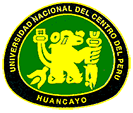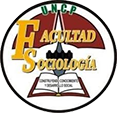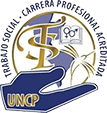Qachwa: Cultural wealth of Angaraes – Huancavelica
DOI:
https://doi.org/10.26490/uncp.sl.2021.5.2.936Keywords:
cultural heritage, dance, music, cultural identityAbstract
One of the lyrical species of Quechua origin is called Qachwa, which in Castilian would be dance, music and song of ancestral origin and that lasts in Huancavelica until today. Likewise, the cultural identity of the huancavelicano settlers is deeply rooted, whose preservation is of the greatest importance. So, it is correct to say that, if this species remained unscathed, it is thanks to the unbreakable cultural identity so fervently maintained. In this research work, the relationship that exists between the variable Qachwa: Intangible Cultural Heritage and cultural Identity in Huancavelica has been investigated. The objective followed was to demonstrate how the Qachwa as intangible heritage is related to the cultural identity in Huancavelica. As regards methodological, it is of a basic type, with a descriptive method and correlational design, with a probability sampling. The result was surprising, according to the application of a Likert-type survey. 58% of respondents mentioned that Qachwa is their intangible heritage, therefore, 56% of them agree to maintain their cultural identity. Consequently, the more the Qachwa is considered to be a precious intangible heritage, the cultural identity of the Huancavelicans is consolidated to preserve and conserve their aforementioned identity.
Downloads
References
Arizpe, L. (2006). Los debates internacionales en torno al patrimonio cultural inmaterial. Cuicuilco, 13(38), 13-27. https://www.redalyc.org/pdf/351/35103802.pdf.
Basáez, G., Márquez, F., Rodríguez, T. y Stiglich, C. (2019). Vivencia del desempeño ocupacional de los roles de parentalidad, estudiantes y trabajador (a) al vivirlos simultáneamente [Tesis doctoral, Universidad Andrés Bello]. Repositorio institucional UAB. http://repositorio.unab.cl/xmlui/handle/ria/14591
Carrillo, L. (2013). Conocer los Factores que Intervienen en el Desarrollo de los Siete Vectores de Arthur W. Chickering en el Estudiante Universitario. [Tesis de maestría, Tecnológico de Monterrey]. Repositorio institucional TEC. https://repositorio.tec.mx/handle/11285/619565
Caso, J. (2020). Lírica Quechua de Tradición Oral Autóctona. Municipalidad de Lima. https://www.descubrelima.pe/wp-content/uploads/2020/10/Lirica-Quechua.pdf
Caso, J. y Yauri, V. (2009). Literatura quechua: saberes ancestrales de tradición oral autóctona. Universidad Para el Desarrollo Andino. http://repositorio.udea.edu.pe/handle/123456789/72
Espinoza, A. (2011). Estudios sobre identidad nacional en el Perú y sus correlatos psicológicos, sociales y culturales [Tesis doctoral, Universidad del País Vasco]. Repositorio institucional EHU. https://addi.ehu.es/handle/10810/12206
Fonseca, O. (1992). Historia antigua de Costa Rica: surgimiento y caracterización de la primera civilización costarricense (5ª ed.). Universidad de Costa Rica.
González, S. (2016). La salvaguarda del patrimonio inmaterial en España [Tesis doctoral, Universidad Complutense de Madrid]. Repositorio institucional UCM. https://eprints.ucm.es/id/eprint/38177/1/T37405.pdf
Gutiérrez, T. (2019). El Huayno Ayacuchano en la Identidad Cultural de las Estudiantes de Educación Inicial EIB en el IESPP Nuestra Señora de Lourdes, Ayacucho, 2019 [Tesis doctoral, Universidad Nacional de Educación Enrique Guzmán y Valle]. Repositorio institucional UNE. http://repositorio.une.edu.pe/handle/UNE/4142
Hargreaves, A. (1996). Profesorado, cultura y postmodernidad: cambian los tiempos, cambia el profesorado. Ediciones Morata.
Kaminsky, G. (2014). Entre la mismidad y la otredad. Publicación de Ciencias Sociales que lleva adelante la Carrera de Trabajo Social de la Facultad de Ciencias Sociales. Universidad de Buenos Aires.
Maldonado, M. (2017). La Otredad Indígena en el Panorama Sociocultural Mexicano del Siglo XX. [Tesis doctoral, Universidad de Arizona]. Repositorio institucional UA. https://repository.arizona.edu/handle/10150/625857
Mena, B. (1991). Pedagogía, sociedad y crisis educativa: un proceso a la escuela del siglo XX. Escuela Universitaria A. G. B. Ávila.
Molano, O. (2007). Identidad cultural un concepto que evoluciona. Revista opera, (7), 69-84.
Morales, G. (2012). La influencia de lo quechua en la narrativa de Arguedas: un acercamiento a sus relatos. América sin nombre, (17) 47-58. http://rua.ua.es/dspace/handle/10045/26467
Porras, R. (1999). El legado quechua: indagaciones peruanas. Universidad Nacional Mayor de San Marcos.
Sánchez, H., y Reyes, C. (2009). Metodología de la Investigación y Diseños en la Investigación Científica. Lima, Perú: Visión Universitaria.
Segura, A. (2014). Reconstrucción de la memoria histórica del territorio indígena Muisca de Cota [Tesis de pregrado, Universidad Pedagógica Nacional]. Repositorio institucional UPN. http://repository.pedagogica.edu.co/handle/20.500.12209/2556
Tito, F. (2005). Sunchu: el huayno en la formación de la identidad en los migrantes quechua-hablantes de Huaycán. PROEB Andes.
Downloads
Published
Issue
Section
License
Copyright (c) 2021 Aparicio Chanca Flores, Antonio Ñahuincopa Arango, Jesús Guillermo Caso Álvarez, Ricardo Arango Olarte

This work is licensed under a Creative Commons Attribution 4.0 International License.

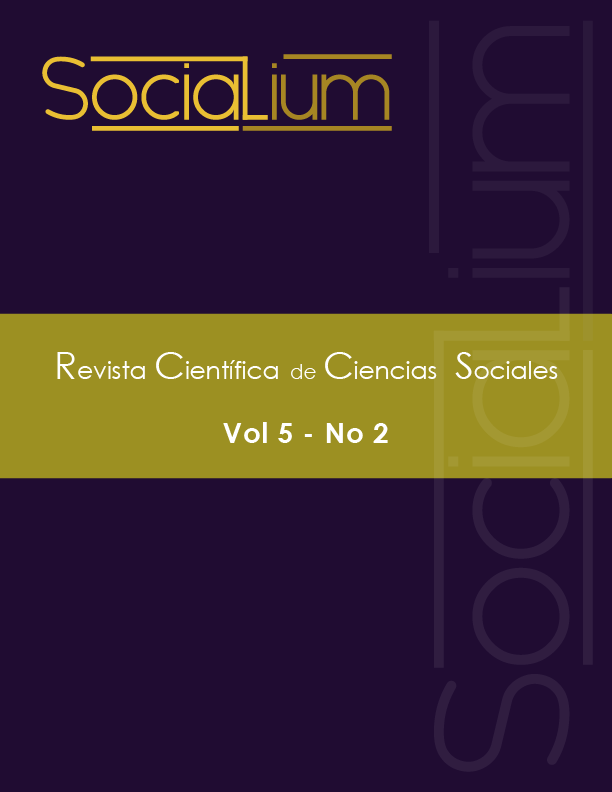

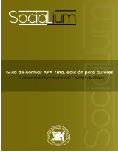




.jpg)







